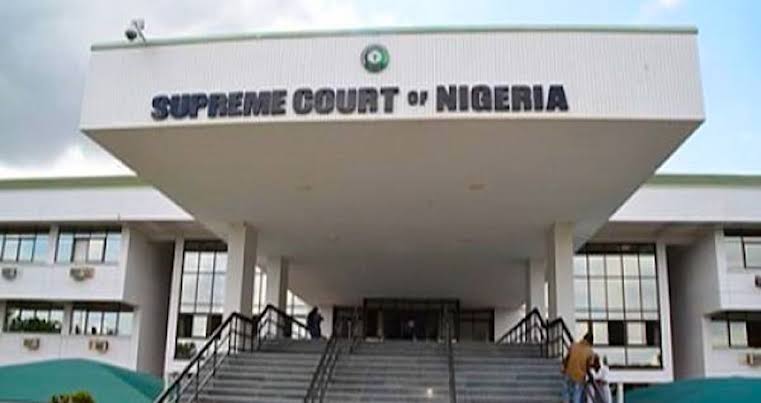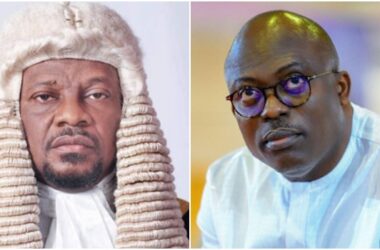The Supreme Court of Nigeria has provided clear guidance on the tenures of local government chairmen and councillors, establishing that they are entitled to a four-year term, similar to those of state and federal officials.
This clarification was made in a judgment delivered by Justice Mohammed Garba, alongside six other justices, on May 11, 2024. Recently, the Certified True Copy (CTC) of the ruling was made public, shedding light on the decision.
According to the judgment, the Supreme Court reaffirmed the constitutional status of local government areas (LGAs) as the third tier of government in Nigeria. The court emphasized that LGAs have political and financial independence, protected by the constitution.
In total, Nigeria has 768 local government areas, and elections for these positions must be conducted promptly to ensure continuity in governance.
The court also addressed the issue of states failing to hold local government elections as required by law. It criticized this practice, highlighting that the failure to conduct these elections undermines the democratic process and the rights of the electorate.
The judgment stated, “It is, therefore, unfortunate that some states do not even bother about conducting elections into local government councils as required by the relevant laws of their Houses of Assembly.
“Under Section 135(3) of the Constitution, the tenure of four years for the president, provided for by Section 135(2) thereof, shall be extended for periods not exceeding a period of six months at any time by a resolution of the National Assembly if it is not practicable to hold elections.
“By the same token, by a law of a State House of Assembly, the tenure of local government councils can be legally extended for any reason, such as insecurity or war, if it becomes impracticable or impossible for elections into the local government councils to be conducted.
“The mandate given to an elected local government council is the mandate of the electorate of that local government area, and if the tenure is extended, it is the people’s mandate that is extended.
“If the tenure of a local government council is truncated, as it is the norm now, it is an illegal termination of the electorate’s mandate, and it is not to be encouraged but roundly condemned.
“By the doctrine of separation of powers, it is the constitutional duty or function of the Legislature to make laws, which include amendments and repeals, and the duty of the judiciary is to interpret the laws to achieve the intended purpose of the legislation,” Justice Garba said..










